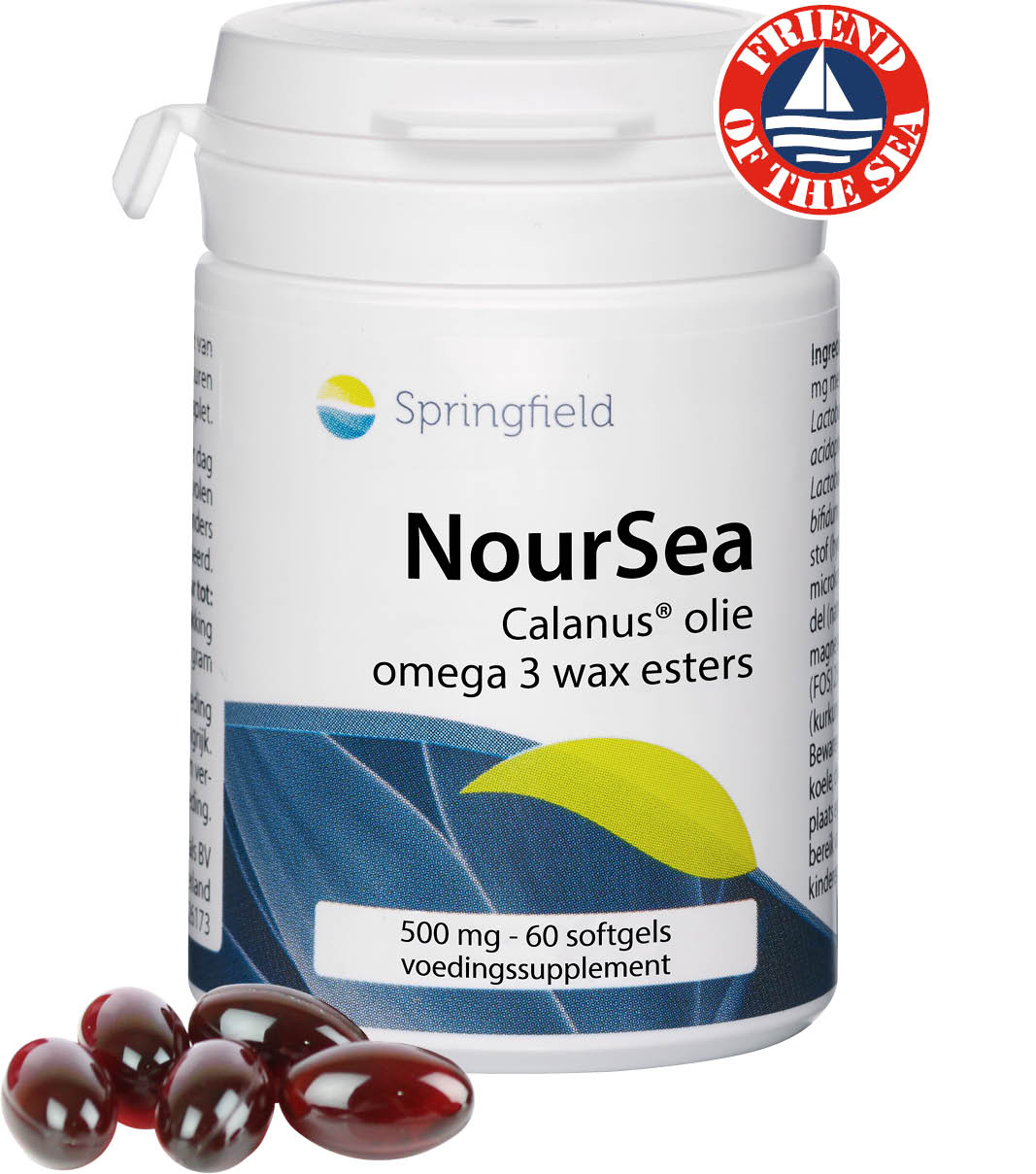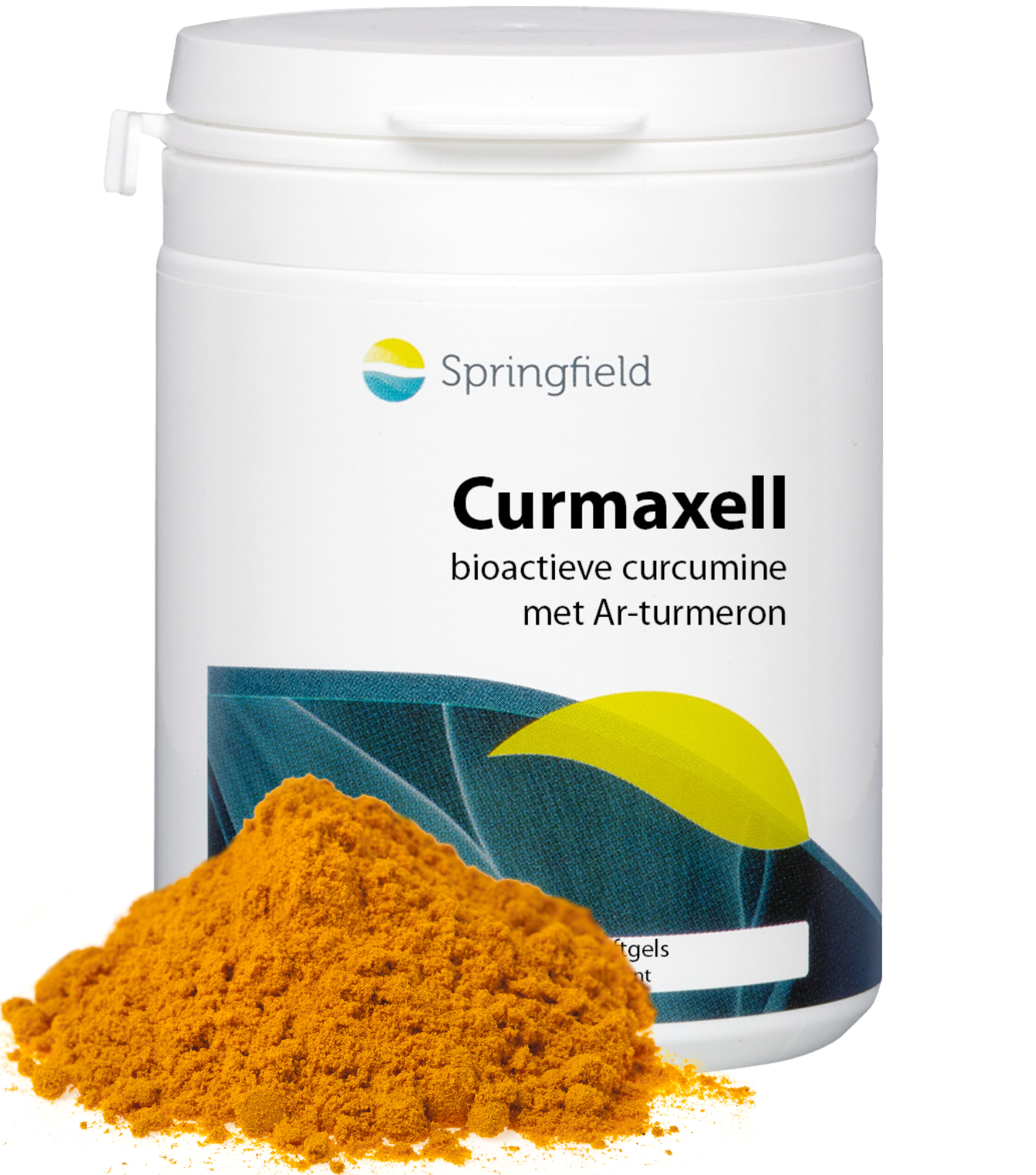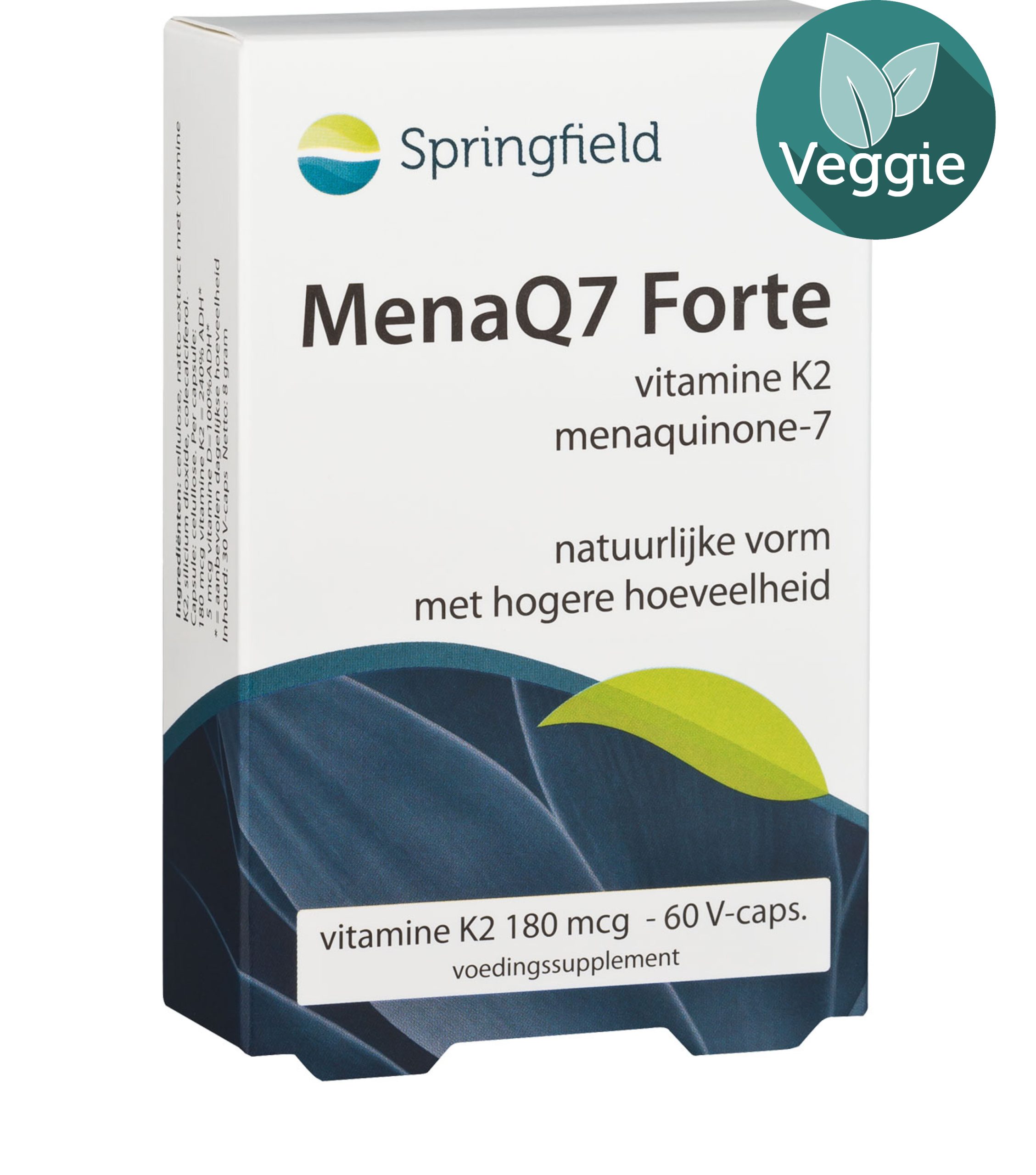
Omega 3 wax esters – Nourished by the sea
Calanus® oil is a new and bioactive form of omega-3. This oil is a natural lipid extract derived from the plankton of northern waters.
Calanus® oil comes in the form of natural wax esters. This oil is more powerful and has a better absorption.
The form of omega-3 is at least as important as the amount that is taken.
Calanus Finmarchicus is caught in northern Arctic waters. The total biomass is about 300 million tons, several times larger than the total biomass of fish in those waters.
Calanus® oil is the purest and most potent energy package Arctic nature can offer.
Also contains 0.1% natural astaxanthin and – in addition to EPA and DHA – SDA (stearidonic acid).
-
Aanbevolen gebruik
1 to 2 softgels daily with or after a meal.
Do not exceed the recommended use.A food supplement does not substitute for a varied diet and healthy lifestyle. Store in a cool dry place, out of reach of young children.
-
Ingrediënten
Calanus® oil (Calanus finmarchicus) crustacean oil (zooplankton) 500 mg:
• wax esters 425 mg
• unsaturated fatty acids 145 mg
• omega-3, 105 mg in total
• astaxanthin 300 mcg -
Ingrediëntendeclaratie
Calanus® oil (Calanus finmarchicus) crustacean oil (zooplankton) 500 mg with: wax esters 425 mg, unsaturated fatty acids 145 mg, omega-3, 105 mg in total, astaxanthin 300 mcg.Stabiliser (capsule: fish gelatine, glycerine, water)
-
Interacties en waarschuwingen
InteractionsOrlistat reduces the digestion and absorption of oils and fatty acidsWarnings
Use with caution when using antithrombotics and in the case of seafood allergy (crustaceans and shellfish)
Pregnancy / lactation
No data is available on the safety of Calanus oil during pregnancy or lactation -
Veelgestelde vragen
Do you have a question? Send an email to info@springfieldnutra.com – we are happy to inform you!


